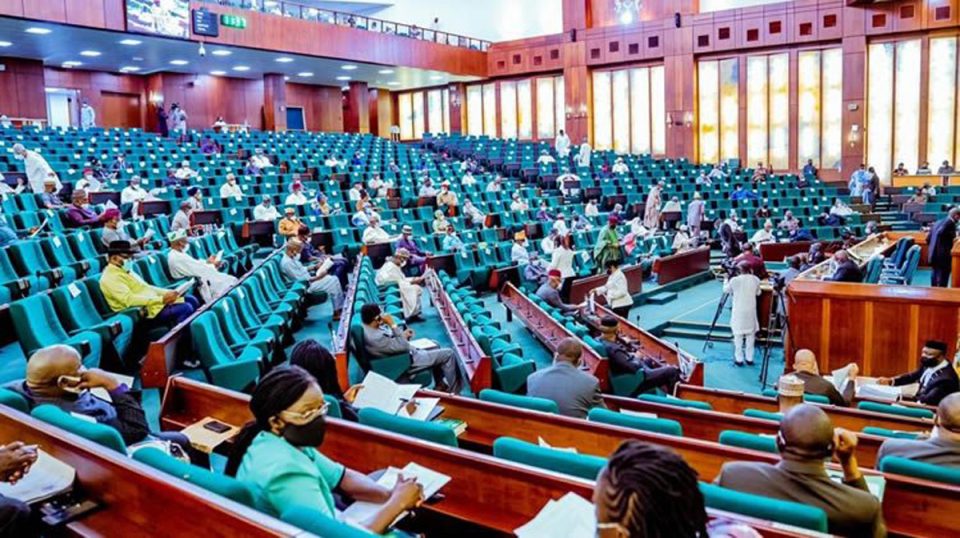Reps stop hike in varsity, unity school fees
The House of Representatives has directed the National Universities Commission (NUC) to immediately halt the implementation of hike in tuition fees by federal universities.
It also mandated its Committee on Tertiary Education and Services (when constituted) to probe the increase of fees by federal universities so as to finding lasting solutions to the challenges in the tertiary education sector.
Similarly, the House directed the Federal Ministry of Education to review the new school fees regime in Federal Government Colleges and revert to the old regime.
It also urged the Federal Government to increase budgetary allocation to the education sector to ensure that Nigerian students have access to quality and affordable education.
This followed the adoption of two motions calling on the House to intervene in the recent hike of school fees in some federal universities and in the Federal Government Colleges.
The deputy minority whip, Aliyu Madaki, while leading debate in one of the motions, noted that federal universities recently increased their tuition fees from between 100 per cent and 200 per cent while hostel fees were increased from 50 per cent and 100 per cent.
Madaki listed the university that hiked their fees to include Bayero University, Kano (BUK), University of Nigeria, Nsukka, University of Uyo, University of Maiduguri, Michael Okpara University of Agriculture, Umudike and Federal University and Dutse.
He expressed concern that the hike in fees by the universities was happening against the worsening poverty level in the country, inflation and high rate of unemployment and the recent fuel price hike.
“The increase could cause disruptions for a number of students who cannot afford the fees. While many of them would be forced to defer their studies, others could drop out. The hike may aggravate the already volatile situation in the country as students are already making threats which could lead to an uprising against the Federal Government with grievous consequences for the country as a whole.”
The lawmaker, while stating that tertiary education is imperative in fostering growth, reducing poverty and boosting the prosperity of any nation, lamented that an increased rate of university dropouts may further worsen insecurity.
In another motion, the House directed the Central Bank of Nigeria (CBN) to stop implementation of the Know Your Customer (KYC) policy that requires bank customers to link their social handles to their accounts.
This followed the adoption of a motion by the Minority Leader, Kingsley Chinda, Kelechi Nwogu and seven others, on the need to halt the CBN’s directives on addition of social media handle on KYC requirements.
Nwogu, while leading debate on the motion, informed the House that recently the CBN stated that customers henceforth would be required to furnish their banks with their social media handles as part of KYC requirements.
The CBN, according to him, had said the new KYC requirement would galvanise compliance with anti-money laundering and counter-terrorism financing provisions.
However, the lawmaker noted that the directive was in conflict with the provision of Section 37 of the 1999 Constitution (as amended) on the right to privacy of citizens.
He argued that commercial banks already have names, telephone numbers, passport photographs, emails, National Identification Number, Biometric Verification Number, utility bills and other basic requirements with which to identify, and monitor their customers.
“There are better means of monitoring money laundering, terrorism financing and proliferation financing, such as the Nigeria Police Force, Nigeria Financial Intelligence Unit, the Economic and Financial Crimes Commission, intelligence and crime tracking agencies, amongst others,” he said.
Besides, he expressed worry that if the directive takes effect, Nigerians who are not on social media, with large turn overs from their businesses and trades, would be compelled to or systematically excluded from formal banking systems with its attendant negative effects and implications.
“The untold hardships this directive will cause millions of Nigerians, especially the illiterates, or semi-literate business owners, traders and entrepreneurs living in the villages and rural areas who do not have social media handles.”




